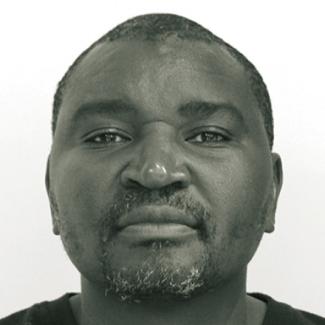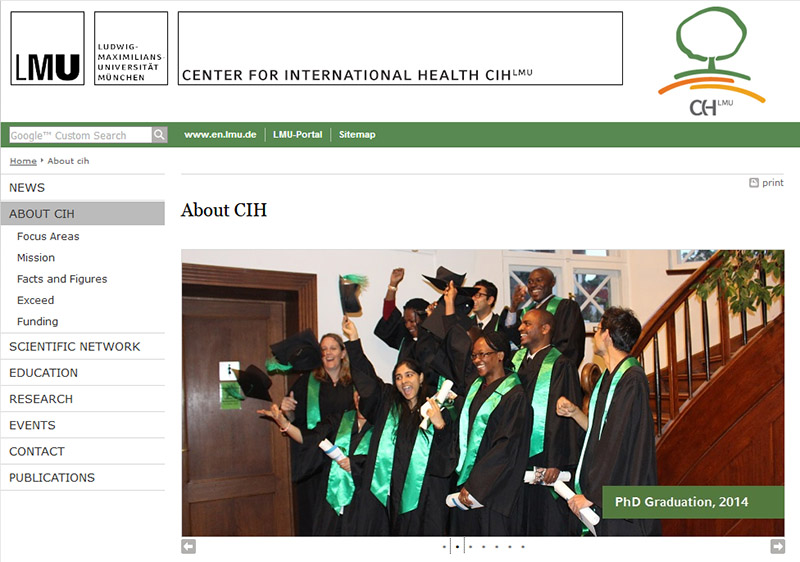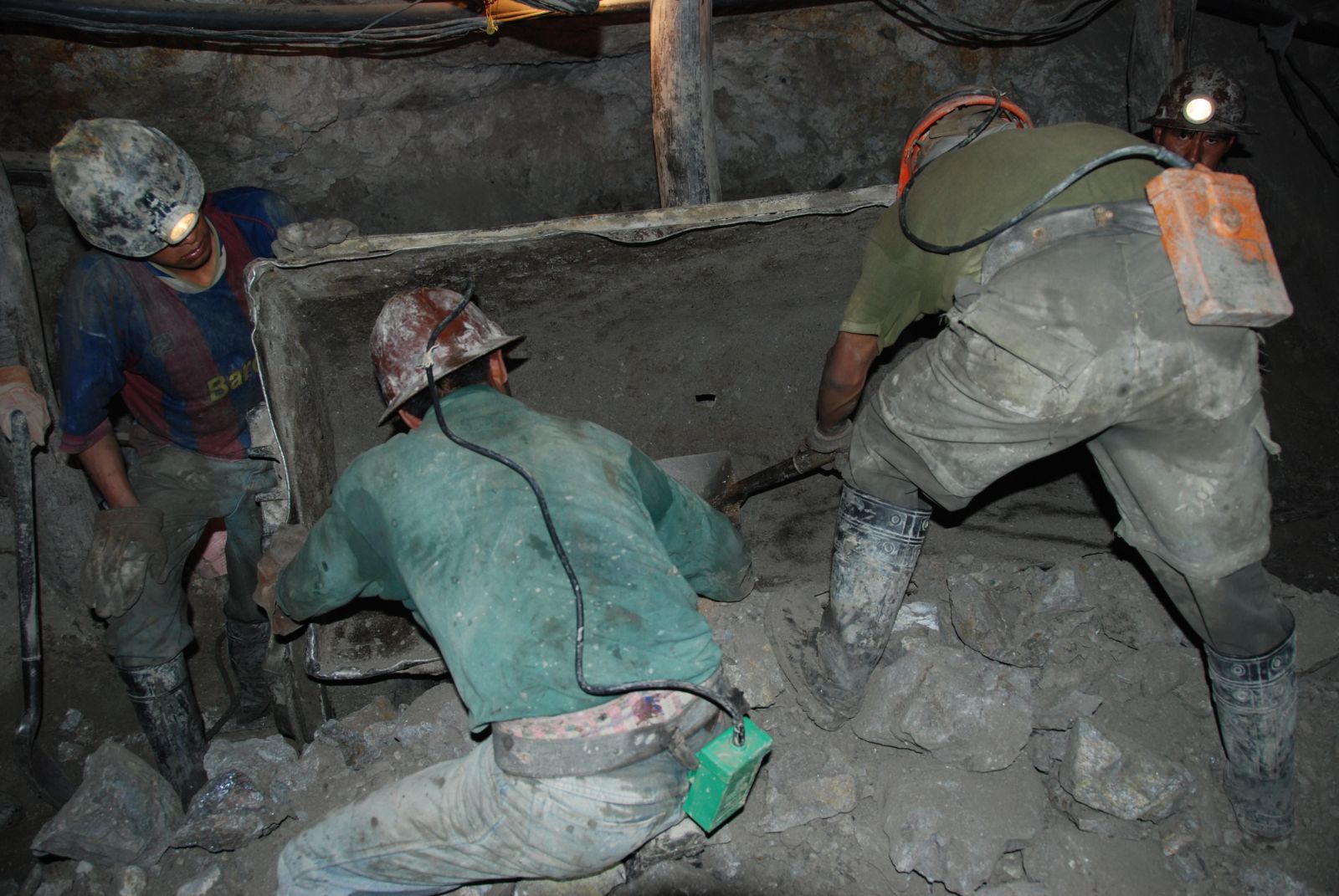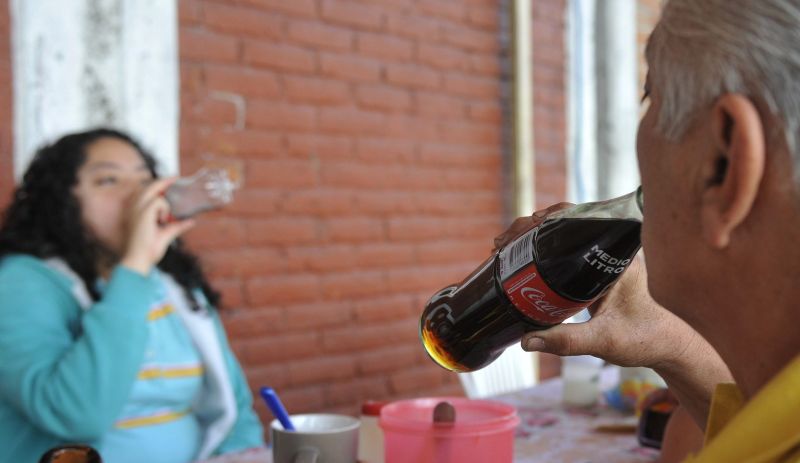Health care
Covid-19 vaccine rollout: upsides and downsides in Africa
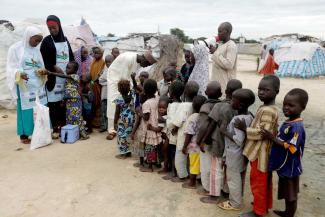
Vaccinations prevent diseases and, at the same time, help to reduce poverty poverty (see the essay I co-authored with colleagues for www.dandc.eu in 2018). Moreover, if designed well, immunisation programmes can boost the capacities of health centres.
For these reasons, the World Health Assembly, with the support of countries and partners, has endorsed the Immunisation Agenda 2030 (IA2030). The IA2030 envisions a world where everyone, of every age and everywhere, fully benefits from vaccines.
Before the Covid-19 pandemic, Africa had made considerable progress. In the 1970s, for example, the routine immunisation coverage for DTP3 (diphtheria, tetanus toxoid and pertussis) was about five percent of the population. By 2015, that share had risen to 80 %, though it has not increased much since. Africa has also come significantly closer to eliminating maternal and neonatal tetanus. In 2016, the World Health Organisation (WHO) declared the continent to be wild-polio free. That was an important milestone.
New vaccines have been introduced slowly and steadily – including for rotavirus, streptococcus pneumoniae and human papillomavirus (HPV). An increasing number of adolescents in Africa are being vaccinated against HPV.
On the other hand, nearly 10 million children have never been vaccinated in low-income countries, most of which are in Africa. These children are vulnerable to deadly diseases like polio, measles, and pneumonia. Unsurprisingly, poor families are affected most. Two thirds of the “zero-dose” children live below the international poverty line. The poor are the least likely to get the protection afforded by the medical sciences.
In this setting, the Covid-19 crisis offers opportunities to further improve matters. Unfortunately, the experience so far is mixed. Negative and positive impacts can be discerned.
Negative impacts
The pandemic has worsened poverty and exacerbated inequality in Africa (see Ronald Ssegujja Ssekandi on www.dandc.eu). In Africa, the negative socio-economic impacts of the pandemic will make it harder to achieve the goals of IA2030.
During the early phases of the pandemic in 2020, routine vaccination services were interrupted. Lockdowns and curfews were prioritised. Many countries suspended vaccination services. At the same time, fear of coronavirus infections reduced people’s vaccination demand because they shied away from crowded health centres. In late 2020 and early 2021, the pandemic peaked in Africa, and national health systems were under immense pressure. Healthcare staff was overworked and exhausted.
In 2021, Covid-19 vaccination rollout started, relying on the existing healthcare infrastructure. However, additional cold-chain capacities, skilled staff and funding are needed. An unintended side-effect is that routine vaccination programmes have suffered. In terms of money, logistics and personnel, the new Covid-19 related efforts put them under increased pressure.
The good news is that recent data suggest that routine vaccination coverage has now rebounded in most African countries to pre-pandemic rates. An important lesson is that, the stronger the health system is, the better it will be resilient to disruptions caused by a pandemic without reducing standard services. Policymakers should take heed.
Infodemic damage
To some extent, vaccine confidence has been diminished moreover. The novel coronavirus caused excitement around the world. A lot of information was generated very fast, but not all of it was reliable. The term “infodemic” became common. It stands for an overabundance of information, both online and offline. Digital technology and social media platforms give people access to a great variety of sources, some of which are misleading. Misinformation, which results from mistakes, and disinformation, which is intentionally misleading, spread around the world.
By the time Covid-19 vaccines became available for large scale deployment, there were indications that the infodemic would affect vaccination rollout in Africa. Making the matters worse, it may easily make people more sceptical of the routine vaccines already in use. Anti-vaccine agitation was rare before the pandemic and did not resonate much. Unfortunately, that has changed. Anti-vaccine voices have become louder. To a considerable extent, the global infodemic is spreading in Africa. That was especially so where governments publicly considered the institution of mandatory vaccine policies. Quite clearly, more awareness raising is needed. This presents a unique opportunity for public health authorities to engage with the communities regarding the benefits of vaccines and immunisation in general.
Another problem is that, when the pandemic struck, many scientists who had been working on various diseases redirected their efforts and resources to coronavirus. The upside was that basic dynamics of the new illness were understood fast and vaccines could be developed in record speed. The downside was that even less attention was paid to the diseases that haunt low-income countries in particular. Africa needs much more Africa-specific medical research. All too often, the continent’s research priority can be secondary to research done in high income countries. This is not good.
A core principle of IA2030 is that nations should own vaccination programmes. To design such a programme well, a government should rely on local medical research. It should also take advice from National Immunisation Technical Advisory Groups (NITAGs). A few African countries still do not have a NITAG. Unfortunately, many African countries have set up ad-hoc advisory groups seeking guidance on rolling out Covid-19 vaccines, missing the opportunity to strengthen their NITAGs. It would have been much better to strengthen existing NITAGs or finally establish them for long term benefits.
Positive impacts
The pandemic triggered unprecedented research-and-development efforts globally. Although five percent of clinical trials (145 of more than 3000) are taking place in Africa, this is actually a promising foundation to build on. Of course, even more trials in Africa would be good, but every related effort helps to build expertise and infrastructure for medical research in Africa.
Moreover, it used to take six to 10 years for a new vaccine to be introduced in Africa after high-income countries start using it. For Covid-19 vaccines, the gap was less than six months. African vaccination rates are still quite low, but things are better than one would have expected based on past experience (as I pointed out on www.dandc.eu last year). It has helped that the regulatory framework has generally improved.
Leaving no one behind
IA2030 envisions a world where everyone, everywhere, at every age, fully benefits from vaccines to improve health. Lessons learnt and investments made during the Covid-19 vaccine rollout will help Africa to vaccinate fully the continents’ youthful population.
Africa has 14 % of the world population, but not even 0.1 % of global vaccine production. The pandemic clearly exposed the vulnerability of the continent. The limited access to Covid-19 vaccines in Africa triggered serious debate among all stakeholders. The general consensus is that the continent can – and must – build local vaccines manufacturing capacity (see box).
In April 2021, the African Union Commission (AUC) and Africa Centres for Disease Control (Africa CDC) hosted a two-day high-level summit. The theme was “Expanding Africa’s Vaccine Manufacturing for Health Security: Building back better, bolder and bigger”. The African Vaccine Manufacturing Initiative (AVMI) is cooperating with international stakeholders, including the WHO. For example, an mRNA technology training hub has been set up in South Africa. That is an important step towards improving African vaccine manufacturing capacities. Many questions must yet be resolved, but things are moving fast. It looks more likely than ever, that Africa will not be at the back of queue in regard to vaccine availability when the next pandemic strikes.
Partnerships and collaborations
The coronavirus pandemic required partnerships and collaborations at global, regional and national levels. They helped to develop Covid-19 vaccines fast. In Africa, many new consortiums were set up to focus on a range of relevant issues, including finance surveillance, and vaccine procurement.
Networks were set up to coordinate data collection, monitoring, information management and advocacy across the continent. Representatives from many countries joined forces to tackle various pandemic-related issues. There will certainly be a positive impact on all countries involved. Indeed, the upside of the frightful pandemic in Africa may be its game-changing quality.
Even the travel-bans may actually have a welcome, though unintended side effect. Members of the prosperous elite, who previously travelled to Europe for medical treatment, suddenly learned that local health care really matters.
Benjamin M. Kagina is a Senior Research Officer and Director of the NITAGs Support Hub (NISH) who works for the Vaccines for Africa Initiative (VACFA) at the University of Cape Town’s School of Public Health and Family Medicine.
benjamin.kagina@uct.ac.za
